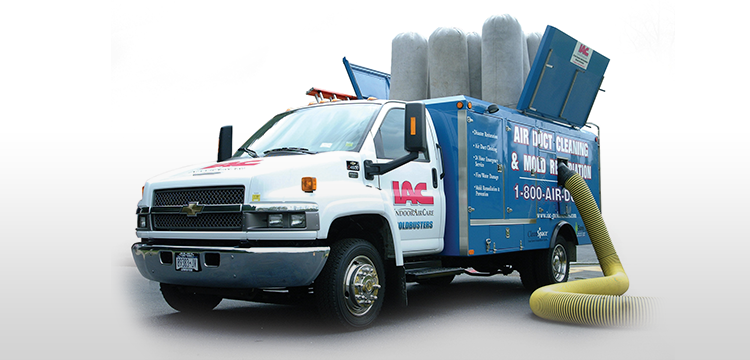Spring is here, and with the warmer weather, homeowners are rolling up their sleeves and preparing for their annual spring cleaning. However, in addition to dust and clutter, there is a potential health hazard that arises with the seasonal change – mold infestation – a problem that requires effective remediation. Mold infestation can lead to health problems and signifies moisture infiltration in the home, which can have long-term structural effects. This Spring Mold Remediation Guide will provide homeowners in Long Island and surrounding areas with an in-depth understanding of mold removal and effective mold remediation strategies.
Identifying Mold in Your Home
Mold often grows in damp areas like basements, crawl spaces, kitchens, bathrooms, or spots that have been flooded. It is usually black or greenish in color. Very small mold seeds floating in the air settle on organic materials like wood, cotton, paper and damp wall/drywall, and proliferation starts when this fungus finds food and water. As IAC-Moldbusters states, mold can lead to a variety of health and wellness problems, especially for individuals with a weak immune system or allergic issues.
If You Spot Mold – Don’t Panic
If you spot mold in your home, don’t panic! The first step in mold remediation is confirming the presence of mold. This involves inspection and mold testing to determine the extent and type of mold present. Moldbusters offer professional mold testing services that can make this process fast, easy, safe, and accurate.
How to Get Rid of Mold
Once you’ve identified and confirmed the presence of mold, you need to get rid of it as promptly as possible. Here’s how:
- Consult a professional: The safest and most effective way to get rid of mold is to hire a professional
- Seal off the infected area: Before starting the mold removal process, close off the infected area to prevent the mold spores from spreading
- Use the right equipment: Always wear protective gear: A high-quality dust mask, vinyl or rubber gloves, and goggles without ventilation holes
Removing mold is not just about cleaning the visible mold – it’s about rectifying the underlying moisture issue that caused the mold in the first place. Without addressing the source of dampness, mold will likely resurface even after cleaning. With over 30 years of experience, IAC-Moldbusters can quickly find and resolve the root cause of the mold problem.
Preventing Future Mold Growth
Mold remediation isn’t just about removing mold, but also about taking measures to ensure it doesn’t come back. This includes:
- Reducing humidity: This can be done with dehumidifiers or air conditioners
- Properly ventilating: Good airflow can prevent excessive moisture build-up
- Repairing leaks promptly: A small leak can lead to big mold problems
Implementing such mold prevention strategies is key to maintaining a healthy and mold-free home environment.
Conclusion
By following this Spring Mold Remediation Guide, homeowners can effectively tackle the task of mold removal, ensuring a healthier and safer home. However, complete mold remediation may require professional assistance.
Trust IAC-Moldbusters, the experts in the New York Tri-State Area and Long Island, with your mold remediation needs. We specialize in indoor environmental investigations and preventative measures, aiming towards a mold-free living.
Contact us today and ensure mold is no longer an issue this spring!

